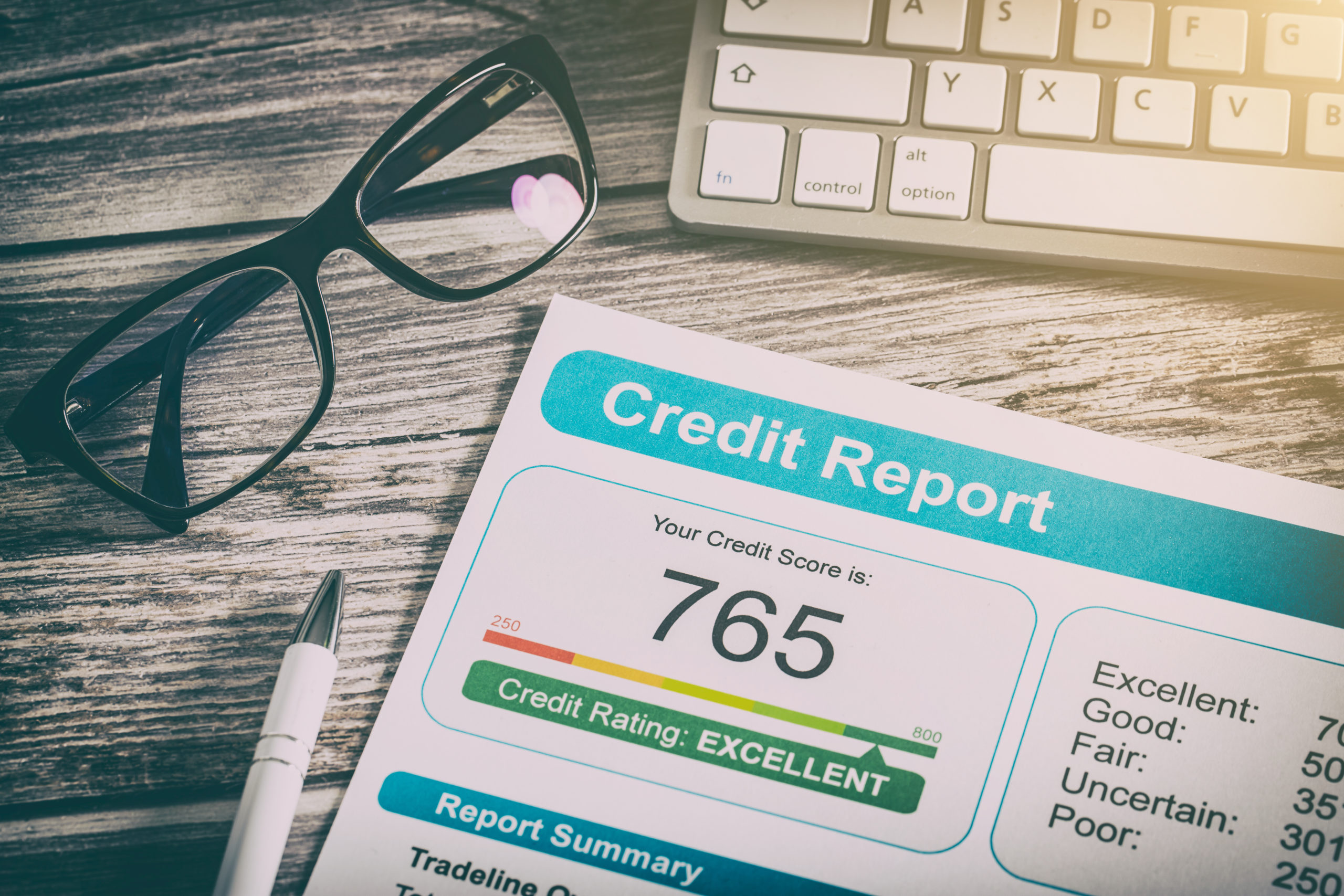
Credit Scores and Home Finding — Here’s Why They Matter
When you’re looking to buy or rent a home, having a good credit score is important. A credit score is required to obtain a loan or mortgage, an insurance policy, or residential property. In fact, your credit score will even be reviewed by utility companies, cell phone carriers, and any other service that requires monthly payments.
Whenever you borrow money for a significant purchase, like a home, your lender (also known as a creditor) will expect full repayment by the end of the billing period or you will have to pay interest on the outstanding balance. Whether you pay in full or make a payment and carry a balance forward, your lender will keep a record of each reimbursement and whether it was paid on time. These records are sent to one of three national credit bureaus, where they compileyour credit history and respective credit score.
Most lenders, insurance providers, and landlords will provide a credit check to determine the level of risk that comes with offering an individual their product or service.In other words, they want evidence that you are reliable and capable of consistently paying your financial obligations, like rent, on time.So, in order to obtain a loan, mortgage, insurance policy, or a home — your credit score is required.
What Is a Credit Score and How is it Determined?
Your credit score is a three-digit number between 300 and 850 that reflects the overall “health” of your credit history. The higher it is, the better.It’s based on any payments you have, or have not, made toward past debts. A credit score is determined by an analysis of your credit history (also called a credit file), which is a record of your credit-based finances. These are things like your payment history, debts, length of credit history/time on file, types of credit used, and recent credit searches. This information is compiled into a credit report which is then used to calculate your credit score.
Your credit score will fluctuate based on your financial habits. For example, if you fail to make paymentson time, it can bring your credit score down. A credit score can be considered “good” or “bad” (referring to health). A good credit score is reflected by a higher number, representing the history of consistent, timely repayment toward any type of debt you owe.A bad credit score is reflected by a low number, which represents a history of inconsistent/late payment or default.
A lowcredit score can make it harder to obtain future credit, secure an apartment, or get insurance. At the very least, creditors will require a larger security deposit or higher interest rate than an applicant with good credit would have to pay.
The higher your credit score, the less risk you pose to your lender and the more likely you are to be approved for a loan. There is no set figure delineating between good and bad credit, but most people choose a number between 680 and 720 to delineate between the two. However, this number is just a general guideline as every lender has their own concept of what constitutes good and bad credit.
How Can I Check My Credit Score?
Your creditor provides your personal and financial information to a credit bureau, an organization that aggregates this information into a credit history. There are three national credit bureaus that record all of the country’s credit histories: Equifax, Experian, and TransUnion. To have your credit score determined, you will need a credit history dating back at least six months, your history must have been reported to a credit bureau (by your creditor) within six months of your credit score request, and there must be no open disputes (erroneous information) on your credit account(s) at the time of the request.
There are a few different ways that you can check your credit score. First, check with your credit card company, your bank, or your loan company. A lot of these companies have started providing these scores for their customers. You might be able to find the number on your statement or see it by checking your account online.
You can also purchase your credit score from one of the three major credit bureaus mentioned above or companies like FICO. There are sites that will offer your credit score for free, but make sure you double check that it’s a valid site before you request anything to avoid falling into a false advertisement trap.
While you’re checking your credit score, request a copy of your credit report as well from one of the three credit bureaus. While these reports won’t include your score, it is important to take a look at these to make sure that everything is correct because the information in these reports is used to determine your score. It’s also a good way to prevent identity theft. You can make one free credit report request every 12 months by visiting this site.
What if I Have Bad Credit?
The importance of your credit score will vary by lender, landlord, or insurer. A bad credit score does not necessarily mean you will not secure the pending agreement.Your other credentials may be enough to convince the other party that you are a safe investment. However, a low credit score may determine the rates or conditions offered by your lender.
For example, someone with a credit score of 780 will receive a lower APR (Annual Percentage Rate) on their loan than someone with a credit score of 600. The person with the lower credit score poses a higher risk to the lender. Consequently, the lender requires a higher return on their investment and will assign a higher interest rate accordingly.
Whether your credit is good or bad, it is important to maintain good financial habits. Some guidelines for maintaining or building good credit are as follows:
- Pay your bills and loans on time. Never skip payments or pay below the minimum amount due.
- Never borrow beyond your credit limit. Always have some credit available to avoid the appearance of financial difficulty.
- Review your credit card statements for accuracy and dispute any misinformation with your credit card company. Likewise, request your free annual credit report every year and review it for errors; dispute any misinformation with the credit bureaus.
- Open a savings and checking account with emergency funds. In an emergency, use funds from these accounts instead of your credit line to avoid accumulating debt.
- Do not apply for too many credit cards; several credit inquiries over a short period may make it appear as though you are in financial turmoil.
Need more help or advice for managing your home buying process? Check out other posts on our blog to find more answers to common moving questions.



 Sign up today to get access to 1000's of homes we have available!
Sign up today to get access to 1000's of homes we have available!